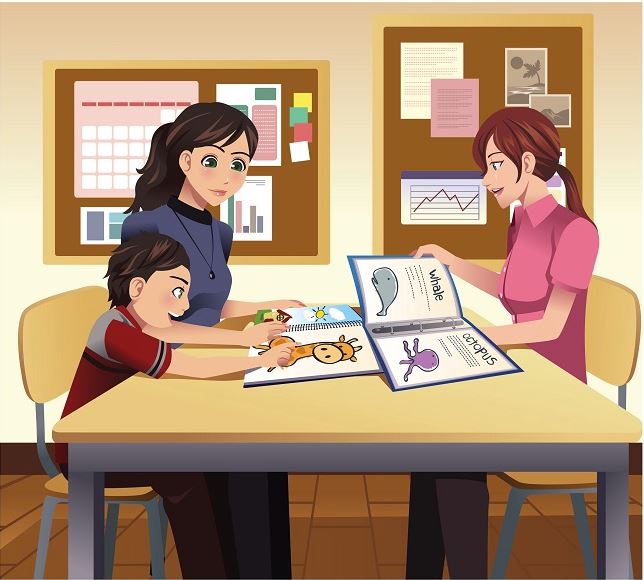Parent involvement in education has been a cornerstone of successful learning since ancient times. Throughout history, parents have played a vital role in their children’s educational journey, providing support, guidance, and encouragement to help them thrive academically. The concept of parent involvement in education dates back to early civilizations when parents were the primary educators of their children, passing down knowledge and skills through oral traditions and practical lessons.
In ancient Greece, for example, education was highly valued and parents were actively involved in their children’s schooling. They worked closely with teachers to ensure that their children received a well-rounded education that included subjects like mathematics, philosophy, music, and physical fitness. Parents also instilled values such as discipline, respect for authority, and a strong work ethic in their children to prepare them for success in society.
During the Middle Ages in Europe, parental involvement in education continued to be crucial as families often worked together to educate their children at home or within small community schools. Parents taught basic literacy and numeracy skills while also emphasizing religious instruction and moral values. In many cases, parents hired tutors or sent their children to apprentice with skilled craftsmen to learn practical skills necessary for survival.
The Renaissance period marked a significant shift in parent involvement as formalized educational institutions began to emerge across Europe. While schools became more structured and organized during this time, parents still played an active role by supporting their children’s academic pursuits through financial contributions or by advocating for improved educational opportunities within the community.
By the 19th century, compulsory education laws were established in many countries around the world, mandating that all children receive a basic education regardless of social class or economic status. This era saw an increase in parental involvement as families became more invested in ensuring that their children attended school regularly and achieved academic success.
The 20th century brought about further advancements in parent involvement with the rise of parent-teacher associations (PTAs) and other collaborative initiatives aimed at strengthening the partnership between families and schools. Parents began volunteering at schools, participating in decision-making processes, attending parent-teacher conferences, and advocating for policies that supported quality education for all students.
In recent decades, research has shown that high levels of parent involvement are associated with increased student achievement and positive outcomes both academically and socially. When parents take an active interest in their child’s education by monitoring homework assignments, communicating with teachers regularly, attending school events, and fostering a supportive learning environment at home – students are more likely to excel academically.
Overall,parental involvement remains essential for creating a nurturing educational environment where students can thrive intellectually,socially,and emotionally.Parents’ ongoing support,fostering curiosity,and encouraging lifelong learning will continue shaping generations of young learners who are preparedto succeedin today’s ever-evolving worldeducation landscape.

Leave a comment